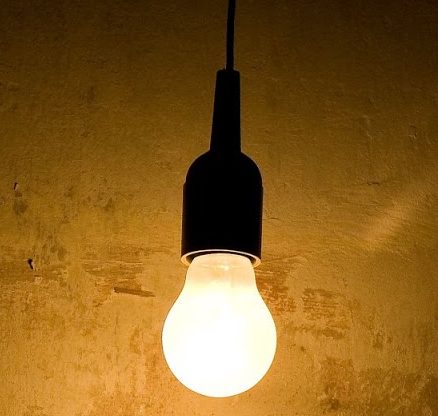
The Nigeria Labour Congress, power distribution companies, and the Nigerian Electricity Regulatory Commission are heading for a collision course over the planned hike in the tariffs payable by electricity consumers nationwide.
Although power distribution companies and the NERC have not officially confirmed the planned increase, the Multi-Year Tariff Order of the regulator, which explains tariff reviews in the sector indicates that electricity tariff is meant to be reviewed every six months.
This implies that the tariff being paid by power users currently, will be reviewed and a new tariff will take effect from July 1, 2023.
In reviewing the tariff, based on MYTO, the NERC considers various economic factors. They include inflation rate, foreign exchange rate, available power generation capacity, gas price, and, capital expenditure adjustment.
Operators project that the high rate of inflation, coupled with the recent floating of the naira against the dollar, among other factors, will lead to an estimated rise of about 40 per cent in electricity tariff by July 1, 2023, should the MYTO be implemented.
Reacting to this, the NLC, on Thursday said the plan to increase electricity tariff by 40 per cent by July 1 “was both insensitive and callous and reflects an organised indifference to the wellbeing of consumers, especially, the poor ones.”
NLC kicks
The NLC President, Joe Ajaero, stated that the massive increase was explained away as a response to the over 100 per cent increase in the pump price of Premium Motor Spirit, popularly called petrol.
“Details reveal a movement in inflation from 16.9 per cent to 22.41 per cent (threatening to needle at 30 per cent), and a shift in the exchange rate from N441 to N750 (per dollar).
“We believe that not even these figures are a justification for this reckless proposed tariff increase. The issue of capacity to pay and quality of service delivery is not only germane but superior to any rationalisation by market logic,” Ajaero stated in a statement from the labour union.
He also pointed out that the service providers in the power sector were performing far below expectations, and accused power distributors of hiking tariffs surreptitiously.
He added, “The service providers in spite of sundry support have not been able to meet the threshold of 5,000 megawatts. Coupled with this, there have been surreptitious increases without notice in violation of statutes.
“The inherent risk in the new regime of tariff is that there is no control, implying that by August, consumers will pay new rates. The other risk is that by the time other products or service-rendering entities come up with their new prices or rates, the ordinary person would have been compacted into dust.
“We would want to advise the apostles of the market who have called the NLC all sorts of names to check their conscience. The rate at which they are going is highly combative and combustible,” Ajaero stated.
He noted that with contemplation of payment of school fees in tertiary institutions and increases in privately-owned ones, in addition to other costs and tariffs on the way, “life in Nigeria could truly be Hobbesian.”
He said, “The market economies which the market fundamentalists seek to emulate, have in place socio-economic safeguards which we do not have. In light of this, our advice is that this proposed tariff hike should be shelved for our collective safety.”
NERC’s tariff adjustments
The NERC is responsible for regulating electricity tariffs in Nigeria, as it periodically reviews and adjusts this based on various factors such as inflation, exchange rates, gas prices, and the cost of operating the power sector.
It introduced the Multi-Year Tariff Order, which is aimed at ensuring cost-reflective tariffs in the Nigerian electricity market. Under the MYTO, electricity tariffs are scheduled to increase gradually over time to cover the actual cost of generating and distributing electricity.
The commission, for instance in its MYTO 2022, explained that in line with the subsisting MYTO methodology, some indices with potential impact on electricity rates were considered, adding that these indices would be reviewed every six months.
“These indices shall be reviewed every six months to update the tariffs with changes in the indices as applicable in line with the MYTO methodology,” the regulator stated in MYTO documents issued to Discos.
https://www.otowngist.com/2023/06/labour-discos-on-collision-course-over-electricity-tariff-hike/
No comments:
Post a Comment